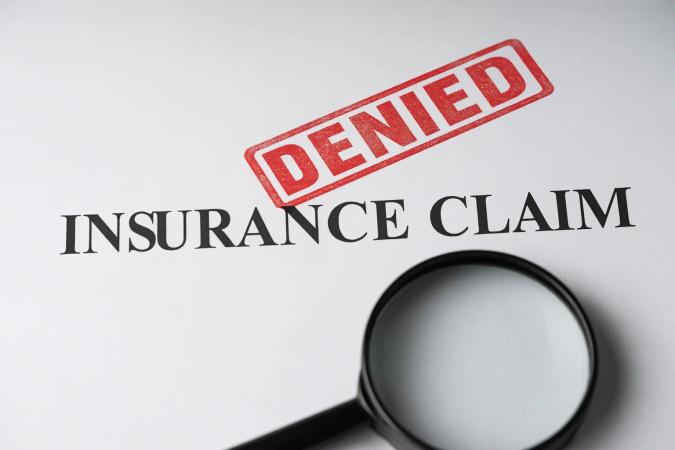The Steps to Take When Your Insurance Claim Is Denied

Understanding the claims process and common reasons for insurance claim denial is crucial if you've been in an accident.
Below, we will explore the steps to take if your insurance company denies your claim.
Knowing your rights and options is essential when dealing with property damage, medical expenses, or a denied homeowners insurance claim.
Gillani Law specializes in handling insurance disputes, providing expert legal assistance to help you secure the compensation you deserve.
Key Takeaways
- Understanding Claims Denials: Knowing common reasons for insurance claim denials, such as insufficient coverage limits and missed deadlines, helps address and prevent future issues.
- Gathering Evidence: Collecting detailed documentation, including medical records and property damage assessments, is crucial for successfully appealing a denied insurance claim.
- Legal Support: Seeking assistance from an insurance attorney can significantly improve your chances of reversing a claim denial and securing deserved compensation.
Understanding Why Your Claim Was Denied
Insurance claim denial can be frustrating and confusing. Common reasons for denial include insufficient coverage limits, missed deadlines or time limits, lack of proper documentation, normal wear and tear, and misinterpretation of policy terms by the insurance company.
It's crucial to thoroughly review the denial letter and the terms of your insurance policy. Consulting with an insurance attorney can help you interpret the policy language, identify discrepancies, and advise on the best course of action.
Reviewing the Denial Letter and Insurance Policy
When you receive an insurance claim denial letter, carefully read it to understand the specific reasons. Compare the reasons given with the terms of your insurance policy. An insurance attorney can help interpret policy language and assist in negotiating with the insurance adjuster or filing a formal appeal.
Gathering Evidence and Documentation
Collecting all relevant documentation is crucial when challenging an insurance claim denial. Start by gathering medical records, police reports, and property damage assessments. Detailed records of all communications with the insurance company are also essential. An insurance attorney can assist in gathering and organizing this evidence.
Filing a Formal Appeal
When your insurance claim is denied, filing a formal appeal is crucial. Write a detailed appeal letter addressing each point of denial, include all relevant evidence, and ensure the appeal is submitted within the required time limits. An insurance lawyer can assist in this process.
Seeking External Reviews and Legal Assistance
When an insurance claim is denied, you might need to seek help from the Department of Insurance or an insurance commissioner. Hiring an experienced insurance attorney offers numerous benefits—they can negotiate effectively with insurance providers and represent you in court if needed.
Preventing Future Claim Denials
To avoid future insurance claim denials: regularly review your insurance policy terms and coverage limits; ensure timely filing and thorough documentation of any claims; keep detailed records; and perform regular maintenance on your property.
Next Steps With Gillani Law
Understanding the insurance claims process and knowing your rights is crucial. If facing an insurance claim denial, seek legal counsel to protect your interests. For support and expert legal assistance, contact Gillani Law. Our team is dedicated to helping you secure the compensation you deserve. Don't let an insurance company's denial stop you—reach out to Gillani Law today for a consultation and take the first step towards resolving your insurance dispute.

